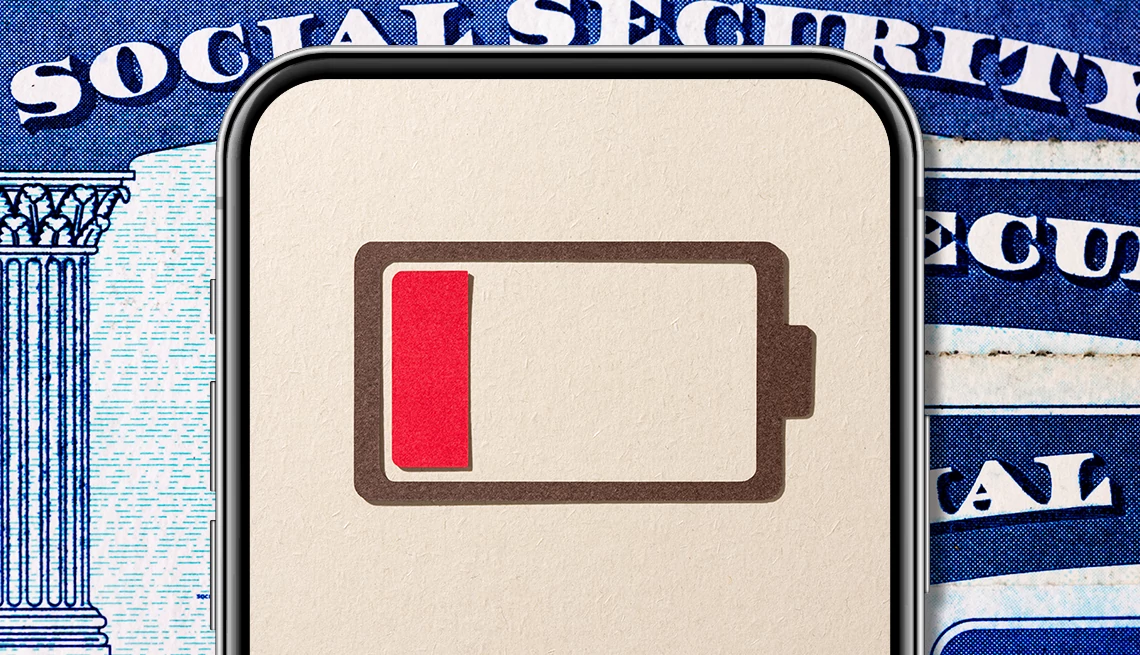
Ssa ends phone service for new benefit applications
- Select a language for the TTS:
- UK English Female
- UK English Male
- US English Female
- US English Male
- Australian Female
- Australian Male
- Language selected: (auto detect) - EN
Play all audios:
“We’re spending the next two weeks to train our field [offices] to respond to these changes,” he said. “We’re going to adjust our policy and our procedures to adapt to that volume.” ‘DEEPLY
UNACCEPTABLE’ SSA staffing was already near a 50-year low when the agency initiated the planned reductions. AARP and other advocates have called on Congress to provide resources for the SSA
to boost hiring capacity and address customer service problems, notably long hold times on calls to the agency’s toll-free helpline and waits averaging eight months for initial decisions on
disability claims. "The average callback time on SSA's phones to make an in-person appointment is over two hours; the wait for an appointment is over a month," said Kathleen
Romig, director of Social Security and disability policy at the Center on Budget and Policy Priorities, a Washington, D.C., think tank. "Millions more people seeking in-person service
from SSA, combined with cutting 7,000 staff, will cause further delays for everyone seeking help." AARP also raised questions about the SSA's rapid implementation of the ID change.
“Asking tens of millions of Americans to jump through new hoops and prove their identity in the next 13 days to access the customer service they have paid for is deeply unacceptable,”
LeaMond wrote in a March 19 letter to Dudek, expressing “strong opposition” to curtailing phone services. While purportedly designed to combat fraud, the new policy could “have the opposite
effect,” LeaMond added. “Creating a confusing new set of identity requirements on unfamiliar app platforms, with just a few weeks to comply, without a clear public education campaign, will
provide criminals a ripe environment to steal the sensitive information of Americans and drain their life savings.” In his press conference, Dudek suggested the new ID requirements could be
temporary, saying that as it rolls out the policy, the SSA is also exploring ways to “effectively identity-proof our telephone service.” “I’ve made a commitment to the White House and
Congress that we will monitor the situation closely, and if it is to the detriment of our citizens that we serve, then we’re going to take necessary actions to improve those services,” he
said. “If that means backing out [of] the policy, we’ll back it out. But we need to see what the results are.”